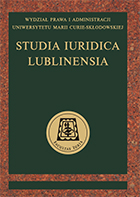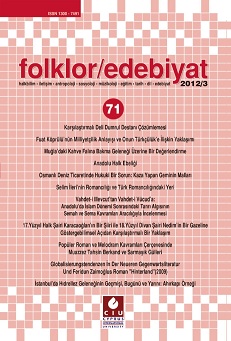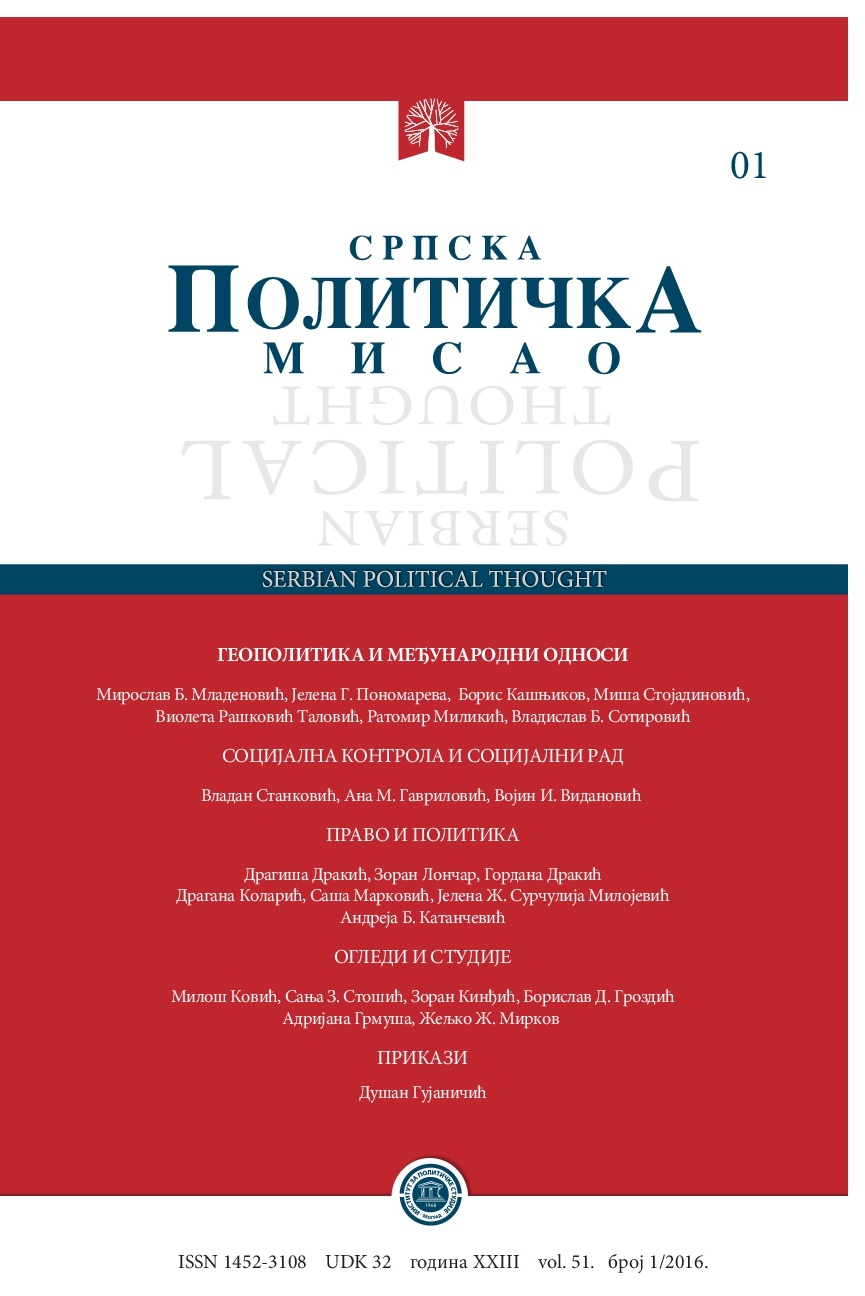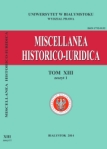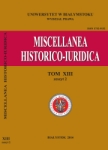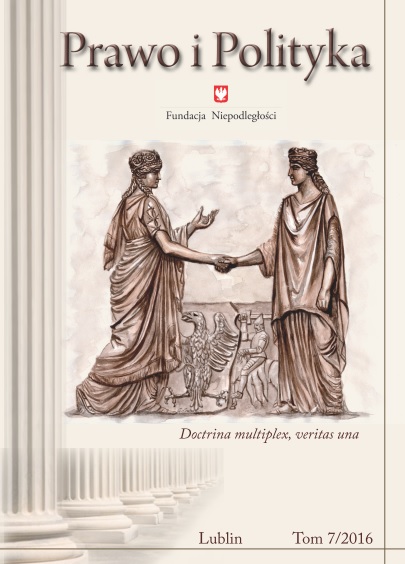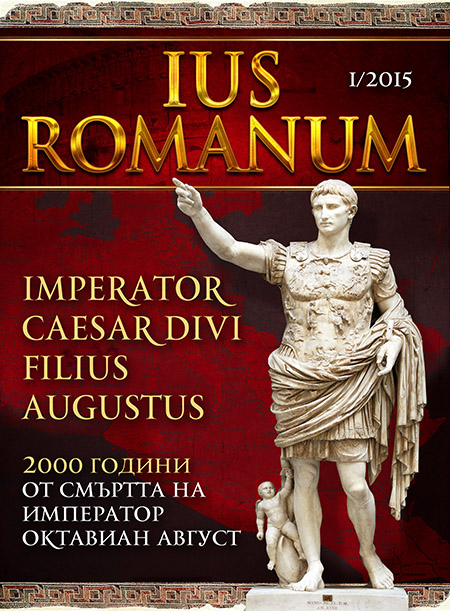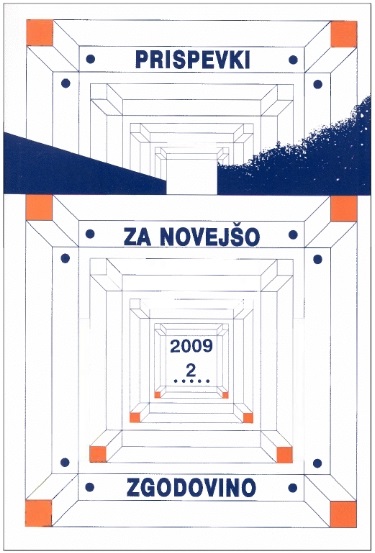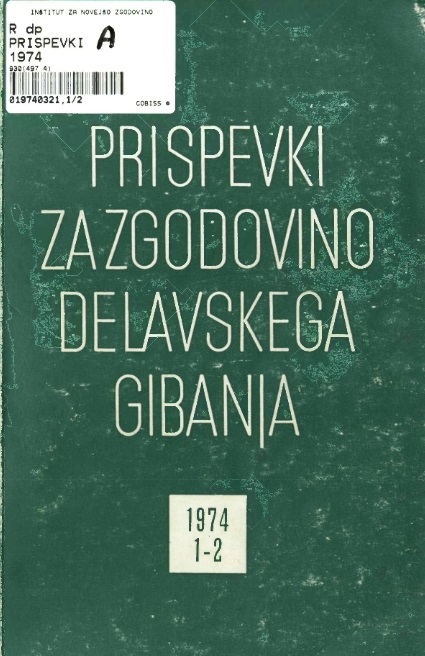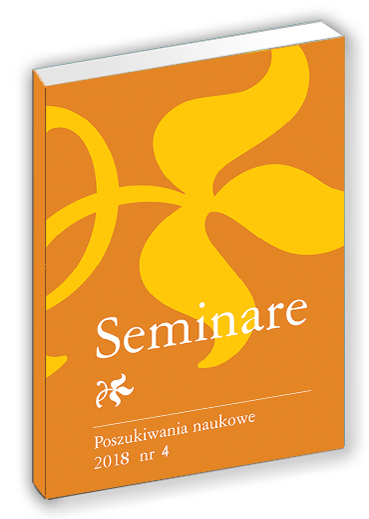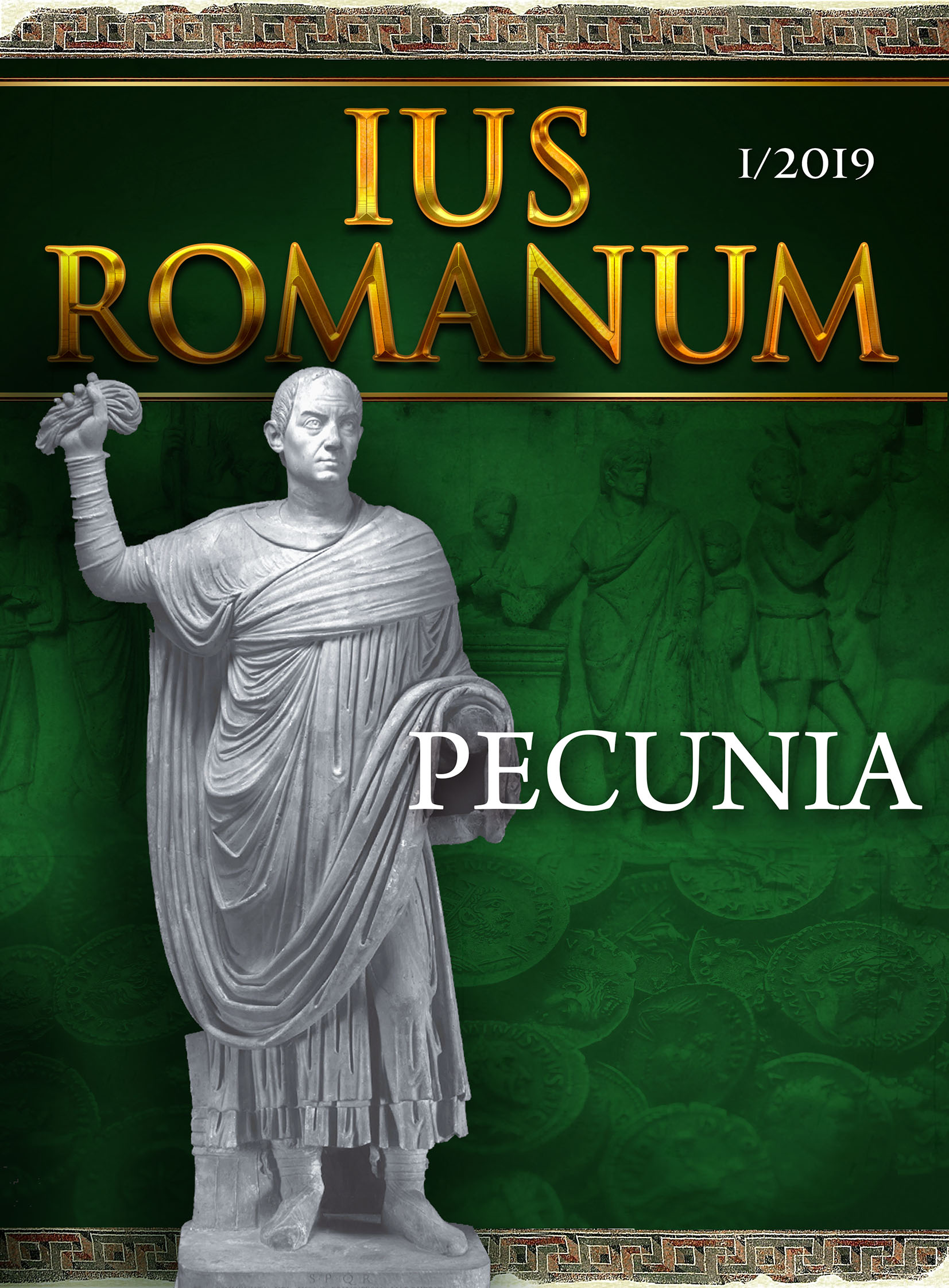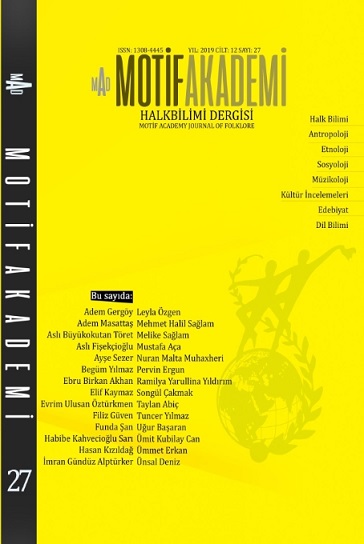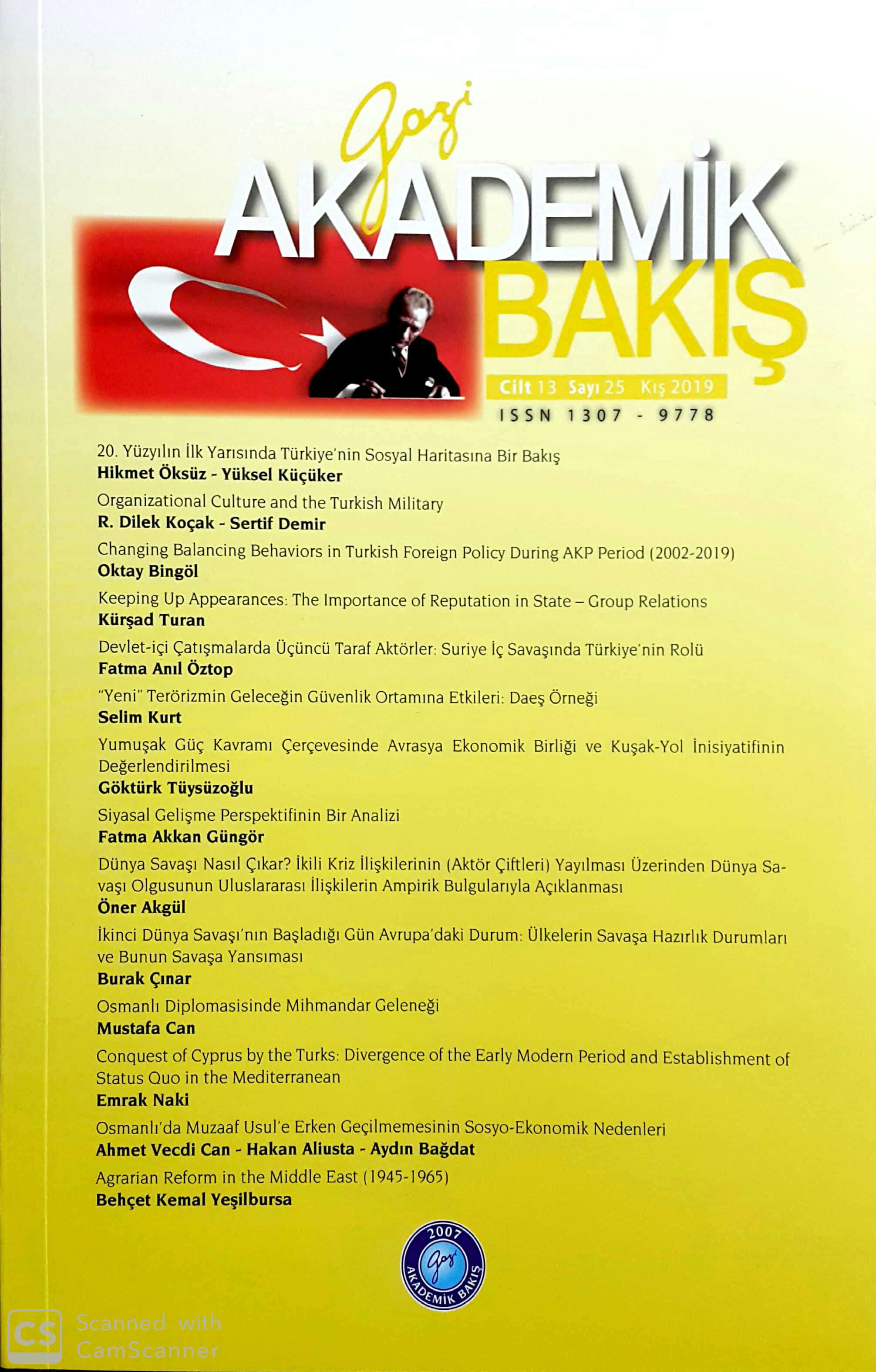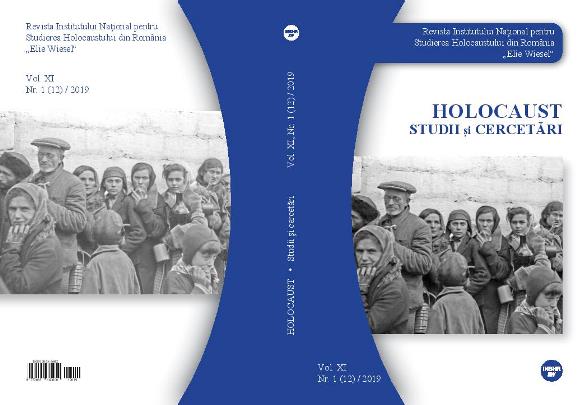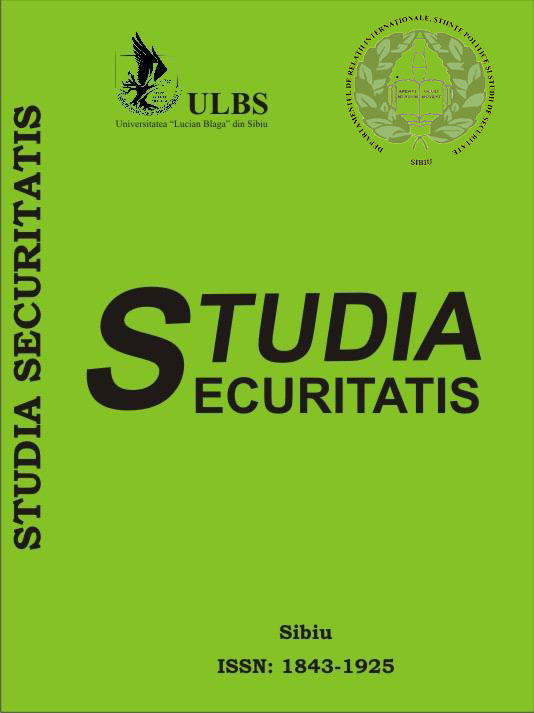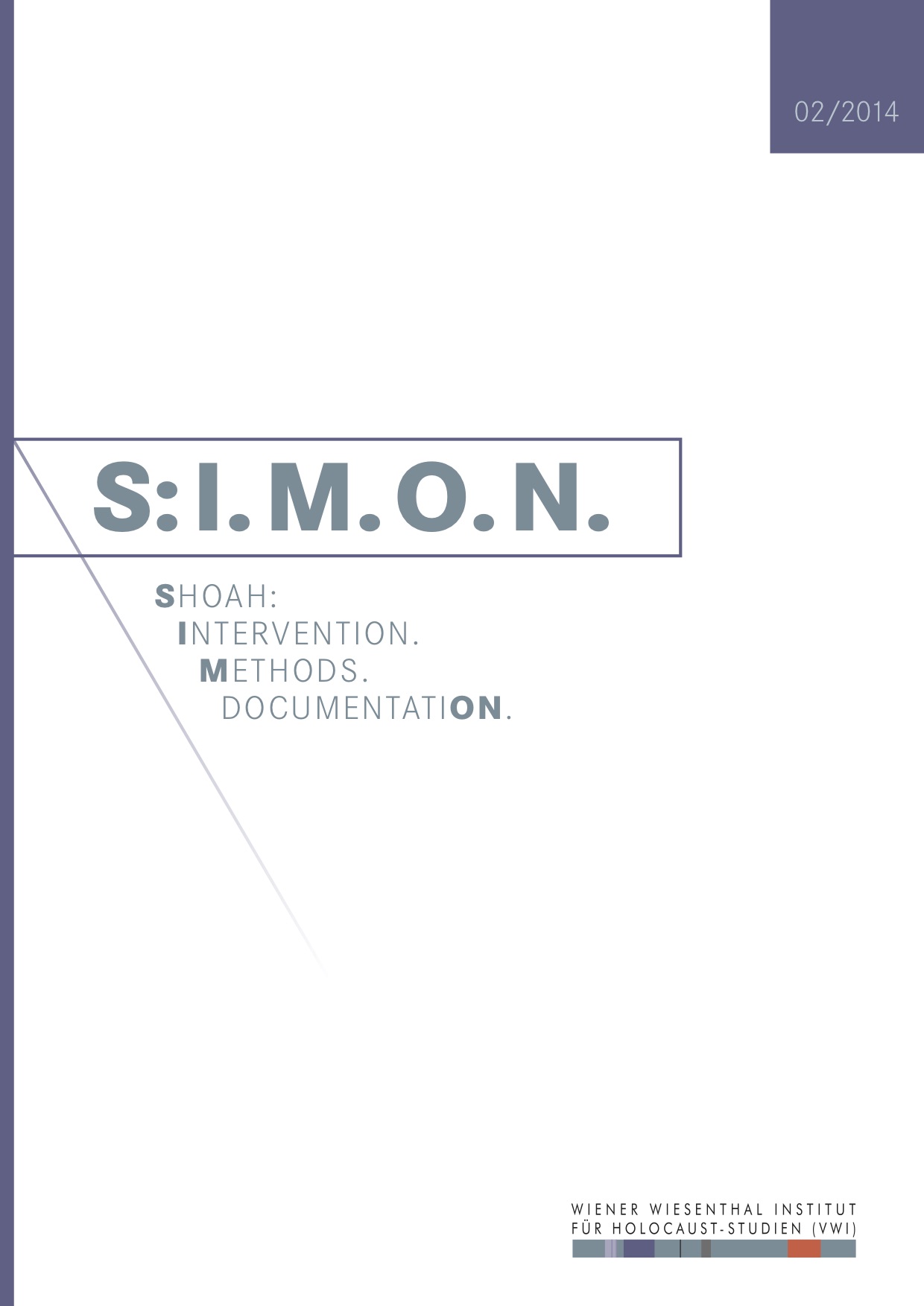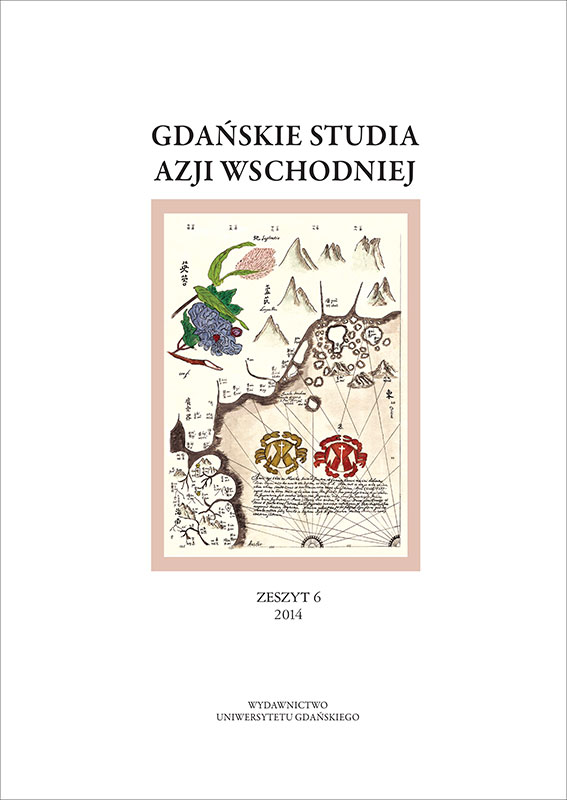
Republika Indonezji – zarys systemu prawnego
Indonesia, the world’s fourth populous country, has an attractive value proposition for international businesses and investors. The economy is rapidly growing and by 2030 the country could become the world’s 7th-largest economy. However, there are still lacks of information among Polish resources about this market, especially concerning legal issues.The aim of this article is to introduce the general framework of the legal system in Indonesia such as the overview of Indonesian law through historical aspects; separation of powers (including description about executive, judiciary and legislative’s bodies), sources of law (written law and unwritten law as well).This publication contains general information, which will be more developed in further articles to make Polish readers more familiar with Indonesian issues.
More...
